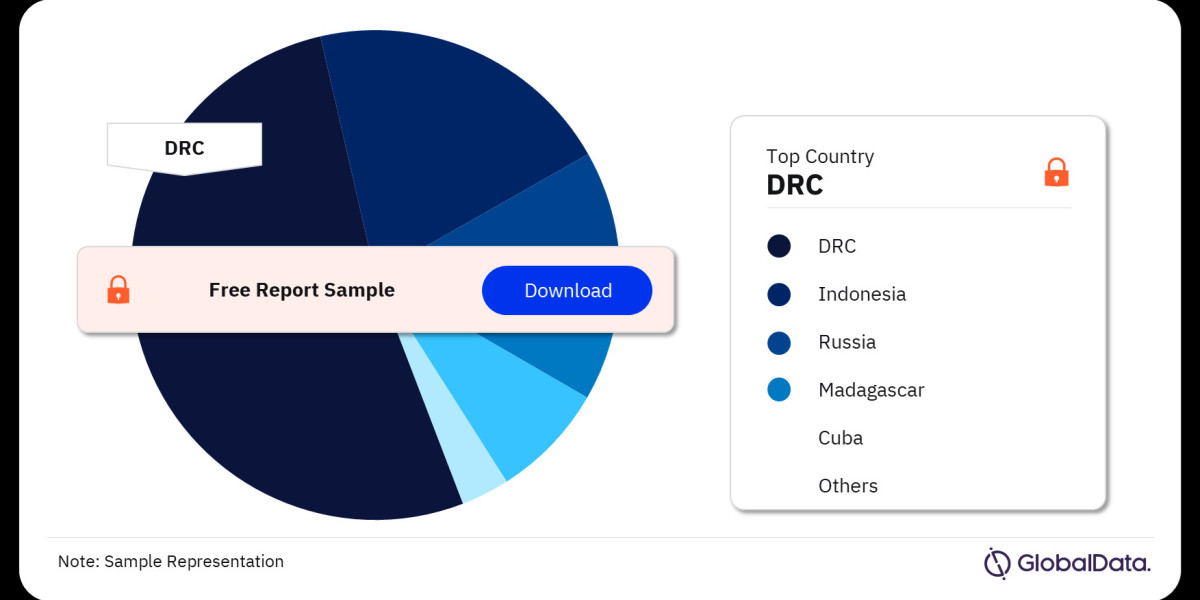Choosing the right Commercial Driver's License (CDL) school is a pivotal decision that can shape the trajectory of your career in the trucking industry. With the demand for skilled truck drivers on the rise, enrolling in a reputable CDL school is more important than ever. This decision goes beyond simply learning to drive a truck; it’s about setting the foundation for a successful and sustainable career. This article will guide you through the essential factors to consider when selecting a CDL school, ensuring that you make an informed choice that aligns with your career goals.
Understanding the Importance of a CDL School
Before diving into the selection process, it's essential to understand why attending a CDL school is a critical step. A CDL is more than just a license; it’s a gateway to numerous job opportunities within the trucking industry. Proper training from a certified school equips you with the knowledge, skills, and experience needed to navigate the challenges of the road. Furthermore, many employers prefer or even require applicants to have graduated from an accredited CDL school, making it a vital part of your job search and career progression.
Accreditation and Reputation
One of the first things to consider when choosing a CDL school is its accreditation and reputation. Accreditation ensures that the school meets specific educational standards and is recognized by industry authorities. A well-regarded school with proper accreditation can open doors to better job opportunities and higher starting salaries.
To assess a school's reputation, research online reviews, ask for alumni feedback, and check the school’s track record in terms of job placement rates. A school with a strong reputation is more likely to provide quality education, experienced instructors, and a curriculum that aligns with industry standards.
Curriculum and Training Programs
The curriculum offered by the CDL school is another critical factor. A comprehensive program should cover all aspects of truck driving, including:
Classroom Instruction: Covering topics like traffic laws, safety regulations, and vehicle maintenance.
Hands-On Training: Providing real-world driving experience under the supervision of experienced instructors.
Simulation Training: Offering practice in a controlled environment to handle various driving scenarios.
Endorsements Training: Preparing you for additional certifications, such as Hazmat, Tanker, or Doubles/Triples endorsements.
Ensure the school’s training program includes a mix of theoretical and practical training. The best programs will also prepare you for the CDL exam and offer additional support, such as tutoring or study groups, to help you succeed.
Instructor Experience and Qualifications
The quality of your instructors can significantly impact your learning experience. Experienced instructors bring a wealth of knowledge from the industry, offering insights that go beyond the textbook. When researching schools, inquire about the qualifications and experience of the instructors. Are they former truck drivers? Do they have industry certifications? How long have they been teaching?
Instructors with hands-on experience in the trucking industry can provide valuable real-world insights, share best practices, and help you develop the skills necessary to excel in your career.
School Location and Schedule Flexibility
Location is a practical consideration when choosing a CDL school. Ideally, the school should be within a reasonable distance from your home to minimize commute time. However, don’t sacrifice quality for convenience. If the best school for your needs is a bit farther away, it may be worth the extra travel.
Additionally, consider the flexibility of the school’s schedule. Many students need to balance training with work or other commitments, so a school that offers weekend or evening classes can be a better fit. Some schools also offer accelerated programs for those who want to complete their training quickly and enter the workforce sooner.
Cost and Financial Assistance
The cost of CDL training can vary significantly from one school to another. When comparing schools, consider the total cost, including tuition, fees, and any additional expenses such as books, uniforms, or equipment.
Many schools offer financial assistance, scholarships, or payment plans to help ease the financial burden. It’s important to explore these options and understand the terms before committing to a program. Additionally, some trucking companies offer tuition reimbursement or sponsorship programs in exchange for a commitment to work for them after graduation. This can be an excellent way to reduce upfront costs and secure a job post-graduation.
Job Placement Assistance
Job placement assistance is a crucial service that can help you transition from student to professional truck driver. Schools with strong ties to the trucking industry often have relationships with major carriers, providing students with job opportunities upon graduation.
When researching schools, inquire about their job placement rates and the types of companies they partner with. A high job placement rate is a good indicator that the school is respected by employers and that its graduates are well-prepared for the demands of the job. Some schools even offer career counseling, resume workshops, and interview preparation to further support your job search.
Alumni Success Stories
Hearing from alumni can provide valuable insight into what you can expect from a CDL school. Look for testimonials or success stories from former students. Alumni who have gone on to have successful careers in trucking can speak to the quality of the training they received and how it prepared them for real-world challenges.
If possible, reach out to alumni through social media or networking events to get a firsthand account of their experiences. Their feedback can help you gauge whether the school is the right fit for your career aspirations.
Equipment and Facilities
The quality of the school’s equipment and facilities is another important consideration. Modern, well-maintained trucks and training simulators can enhance your learning experience, giving you a more realistic feel for what it will be like to drive a commercial vehicle.
Visit the school’s facilities if possible, and take note of the condition of their equipment. Are the trucks similar to what you’ll be driving in your career? Are the classrooms and training areas up-to-date and well-equipped? A school that invests in its facilities is likely committed to providing a high-quality education.
Class Size and Individual Attention
Class size can impact the amount of individual attention you receive during your training. Smaller class sizes generally allow for more personalized instruction, giving you the opportunity to ask questions and receive feedback directly from your instructors.
Ask about the student-to-instructor ratio when researching schools. If you’re someone who benefits from one-on-one instruction, a school with smaller class sizes may be more suitable for your learning style.
Conclusion
Choosing the right CDL school is a crucial step toward building a successful career in the trucking industry. By considering factors such as accreditation, curriculum, instructor experience, location, cost, and job placement assistance, you can make an informed decision that aligns with your career goals. The right school will not only prepare you for the CDL exam but also equip you with the skills and confidence needed to thrive in your new career. Take your time to research and choose a school that offers a comprehensive, quality education to set you on the path to success.



